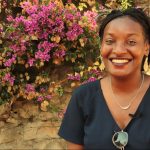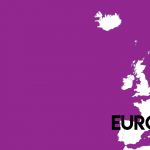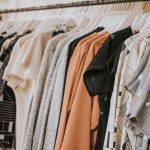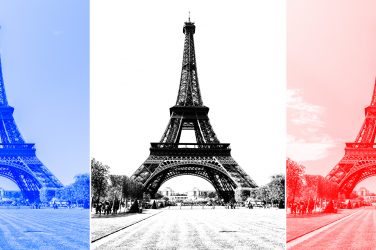In an age of ‘alternative facts’, E&M‘s Sarah Gerwens explores what it really means to live in a world without truth – and whether we can ever give truth meaning again.
Two years ago, 1,000 Muslim men set Germany’s oldest church on fire. The British health service will soon be saving millions thanks to Brexit. And the Democrats are to blame for family separation at the US border. Or, maybe, not?
Propaganda is no new invention. Neither is the truth. But now, the truth has alternatives: with unlimited access to information via the internet, we get to pick and choose our own version of events; and in case we cannot find one that fits, pundits and foreign bots alike will try to find one for us. While votes might not be bought, opinions can be: the truth is a product and we consume it on-demand.
Our phones, cars, and newsfeeds have long been personalised. Increasingly, the truth is, too. After decades of Fordist mass production, the free market offers us infinite individualisation based on our personal wants. Used to this level of customisation, we demand differentiation and are less interested in standard products – and standard stories. Media and politicians have embraced this spirit; they customise their messages to increasingly polarised audiences. We have become consumers of their truths and online shop for stories we like, with Google and Facebook as the new marketplaces for reality. Even online search results are personalised for us, to ensure they only offer the truths we want to hear.
While votes might not be bought, opinions can be: the truth is a product and we consume it on-demand.
But the truth by itself does not sell; scandal does and so does fear. “Everything is kinda okay and we will probably survive this century” does not make for a good headline and neither do dry statistics or information we disagree with. Instead, papers that want to be read, shows that want to be watched, and politicians who want to be voted for, tell good stories rather than uncomfortable truths. There is scientific support for this approach: people are rarely convinced by facts alone – especially if these facts contradict their own beliefs. No one enjoys being wrong. Our brains even go to great lengths to avoid it. However, if no one can ever be wrong, especially in a climate where being wrong often equals being bad, no one can ever be right, either. If we have multiple truths, they all become lies. If everything can be true and false at once, if refugees are victims and perpetrators, if Brexit is terrible and amazing, if the EU is oppressive and liberating, what is actually happening becomes just a trivial story among many others and we lose our trust in those who tell it.

There is power in disagreement, in competing stories and differing accounts. Beyond the single story, there is hope for all the truths untold. Democracies rest on this disagreement and on a press that can challenge official narratives. Indeed, our freedom depends on our ability to tell the truth, even if it is uncomfortable. However, our freedom also depends on our ability to amend our truth if we realise we are wrong. Increasingly, there is less opportunity and need for us to do so. No matter one’s opinion, there is a channel, a website, or a pundit that preaches it. Anyone who disagrees with our version of events can be simply unfriended, unfollowed, or avoided offline. Thus, while there is power in disagreement, there is weakness in polarisation. When we are no longer able to talk to the people on the other side (the “snowflakes” and “deplorables”), our personal truths fragment any common ground of democratic deliberation.

The future does not rest on the people who are right, but on those who are wrong; it rests on their ability to change their minds – and opportunities for them to do so. Without education, without access to diverse and unbiased news, without open dialogue, that will not happen. But if truth needs to be liked to be true, it ceases to exist. If we cannot trust those, who tell it, we will no longer listen to them. And, eventually, if we are unable to give up our customised, individual realities, we will lose our shared one.
Cover photo: Jesse Peterson , CC BY-NC 2.0 (Flickr)










